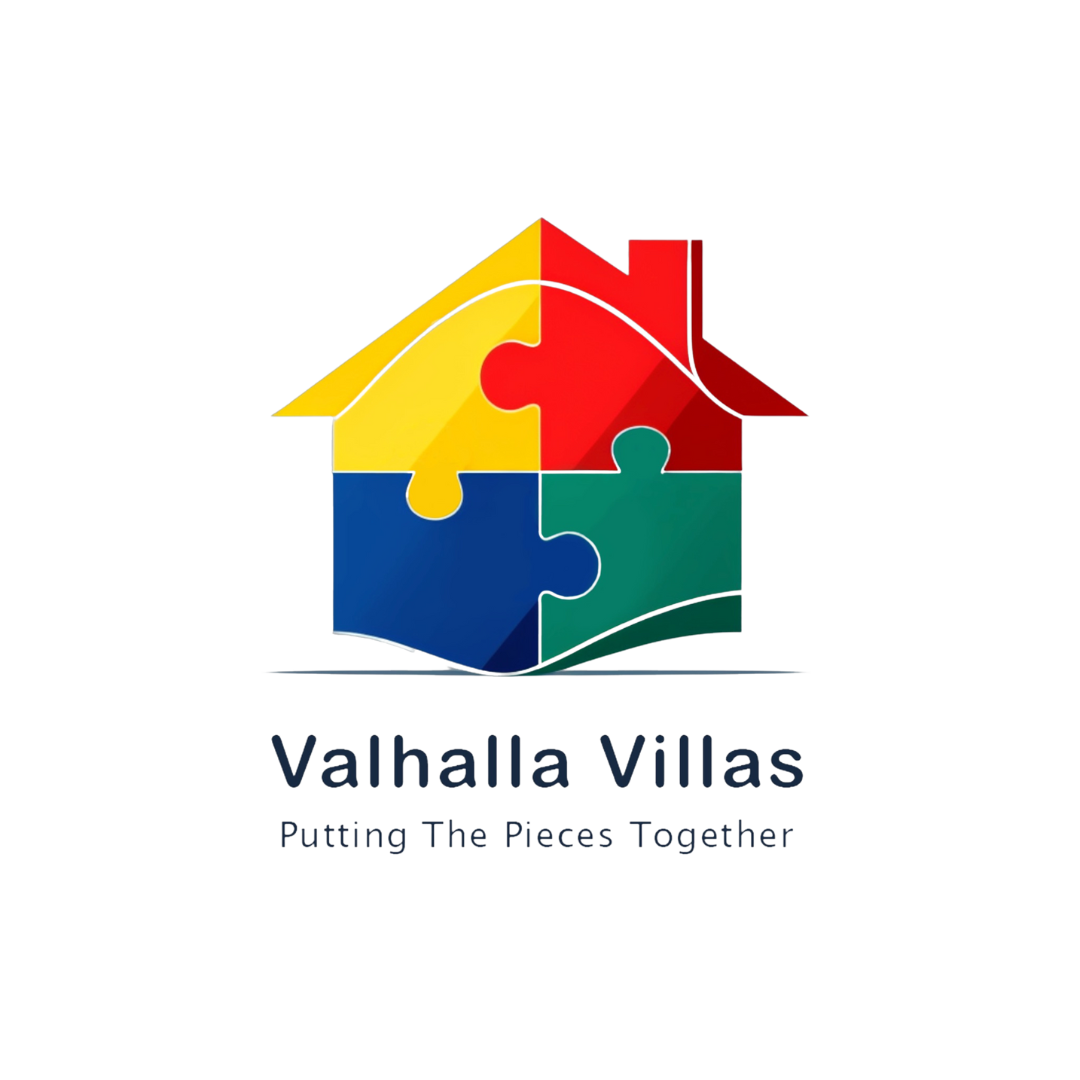The U.S. Department of Housing and Urban Development (HUD) plays a crucial role in ensuring that individuals with disabilities, including children and adults with special needs, have access to safe, affordable, and inclusive housing. In this blog post, we will provide up-to-date information on the eligibility requirements for children and adults, the application process for HUD programs, and the benefits these programs offer to individuals with special needs.
Benefits of HUD for Children and Adults with Special Needs:
- Affordable Housing: HUD programs offer access to safe and affordable housing options, minimizing the financial burden on families and individuals with special needs.
- Accessibility Modifications: HUD programs often support necessary accessibility modifications to accommodate individuals with disabilities, such as wheelchair ramps, grab bars, and wider doorways.
- Supportive Services: Many HUD programs provide access to supportive services like counseling, job training, and educational resources to promote independent living and overall well-being for individuals with disabilities.
- Fair Housing Rights: HUD enforces fair housing laws to protect individuals with disabilities from discrimination. Under the Fair Housing Act, persons with disabilities have the right to request reasonable accommodations to ensure equal access to housing opportunities.
Eligibility Requirements for Children:
- Income Limits: HUD programs typically consider the household income when determining eligibility for assistance. Income limits vary based on the specific program and location but are generally set at 80% of the area’s median income.
- Special Needs: Children with disabilities, including physical, cognitive, or developmental impairments, are eligible for HUD programs. Documentation from a medical professional or disability agency may be required to verify the child’s special needs.
Eligibility Requirements for Adults:
- Income Limits: Similar to children, HUD programs consider the household income for determining eligibility. Income limits may vary depending on the program and location.
- Disability Verification: Adults must provide documented proof of their disability, typically through medical records, assessments, or disability determination from a professional source such as a doctor or the Social Security Administration.
How to Apply for HUD:
- Find Local Public Housing Agencies (PHAs): Start your HUD application process by contacting your local PHAs. PHAs are responsible for managing HUD programs, including Section 8 Housing Choice Vouchers and public housing.
- Complete an Application: Once you connect with the local PHA, they will provide you with the necessary application forms. Fill out the forms accurately and provide all required documentation, including proof of disability and income.
- Submit the Application: Submit your completed application to the local PHA, adhering to any specified deadlines or submission methods.
- Waiting List: Depending on availability and demand, you may be placed on a waiting list. It’s essential to keep your contact information up to date with the PHA to ensure effective communication during the process.
Conclusion:
Through its diverse range of programs, HUD aims to create inclusive communities and provide housing solutions for individuals with disabilities, including children and adults with special needs. By understanding the eligibility requirements, application process, and benefits of HUD assistance, families and individuals can navigate this system of support and secure safe and accessible housing options.
Remember, each HUD program may have specific guidelines and requirements, so it’s always beneficial to consult with local PHAs or HUD-approved housing counseling agencies for precise information tailored to your region.
Building a society that embraces all members is a collective effort, and HUD plays a vital role in promoting inclusive housing for individuals with disabilities, fostering dignity, independence, and a sense of belonging within our communities.


